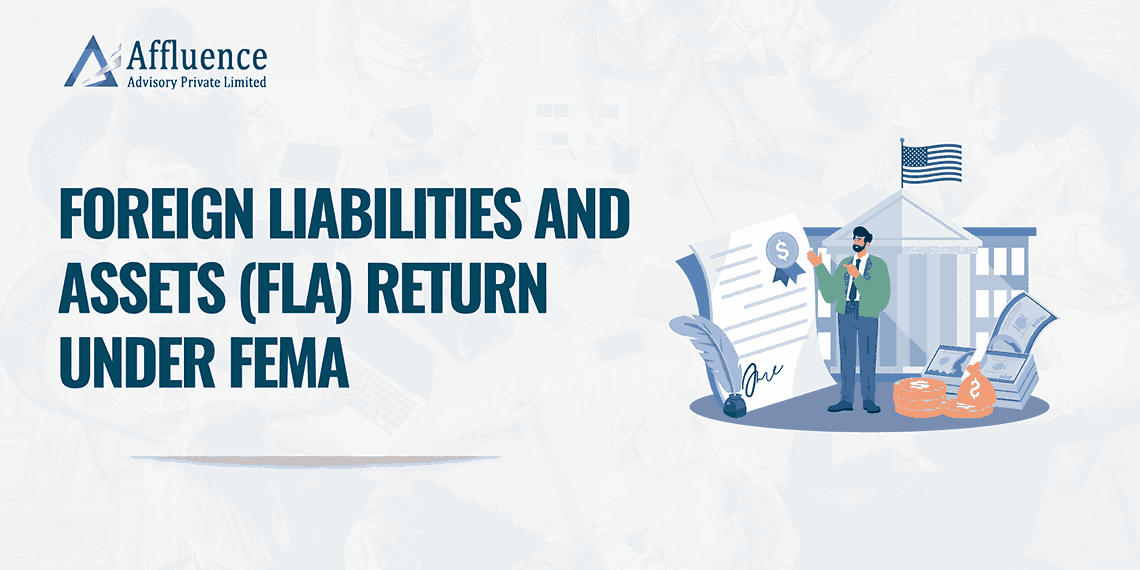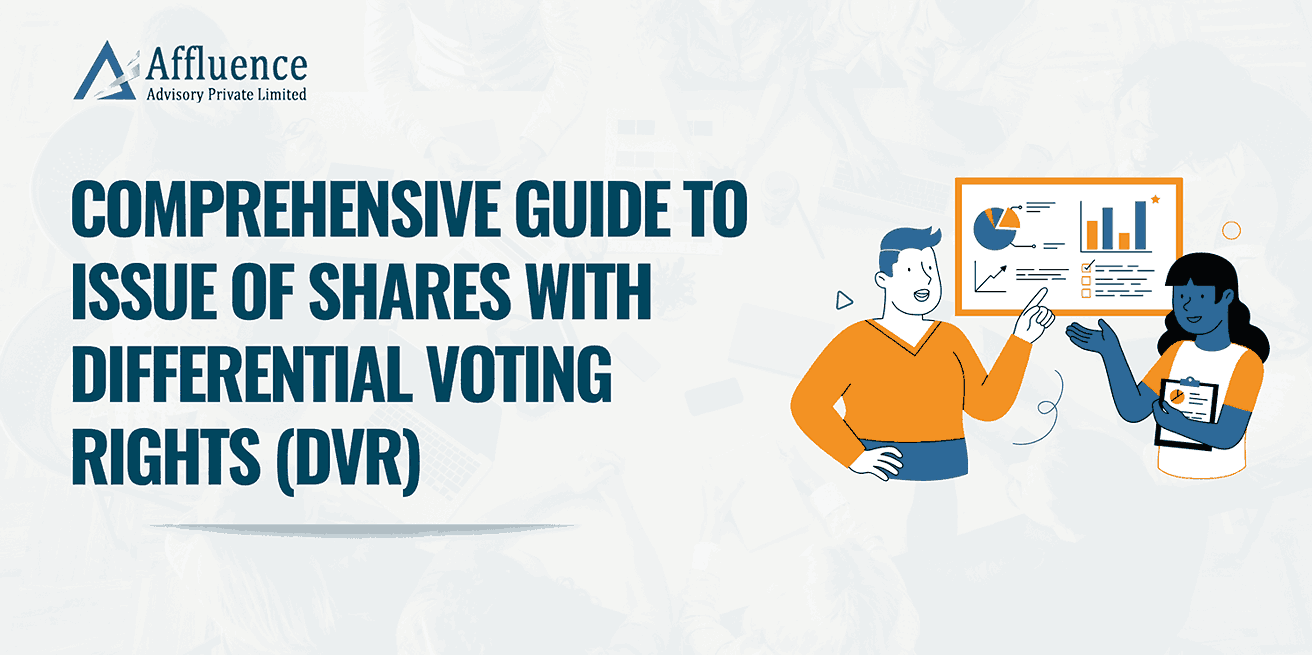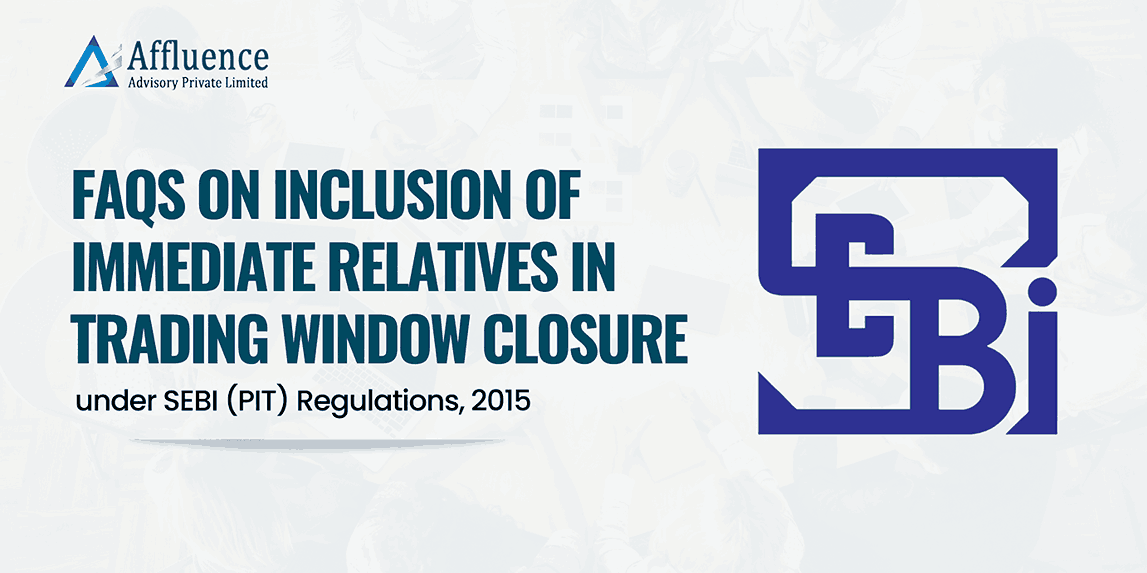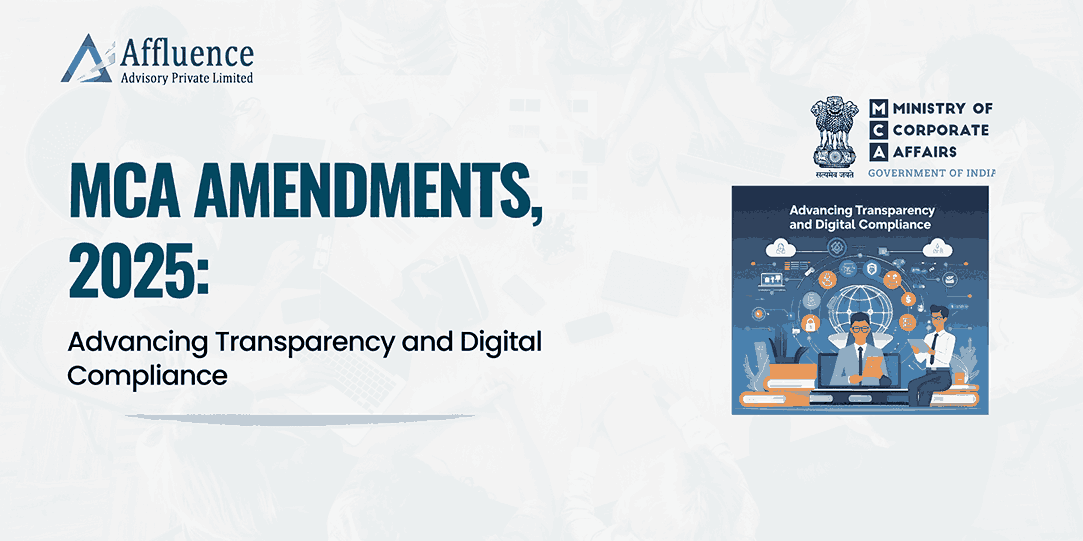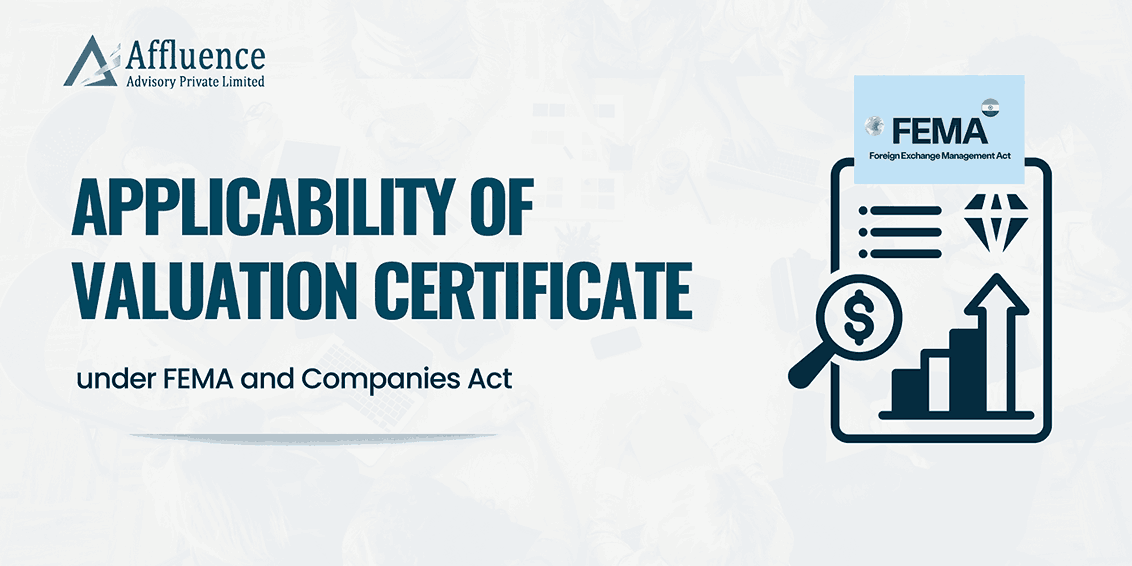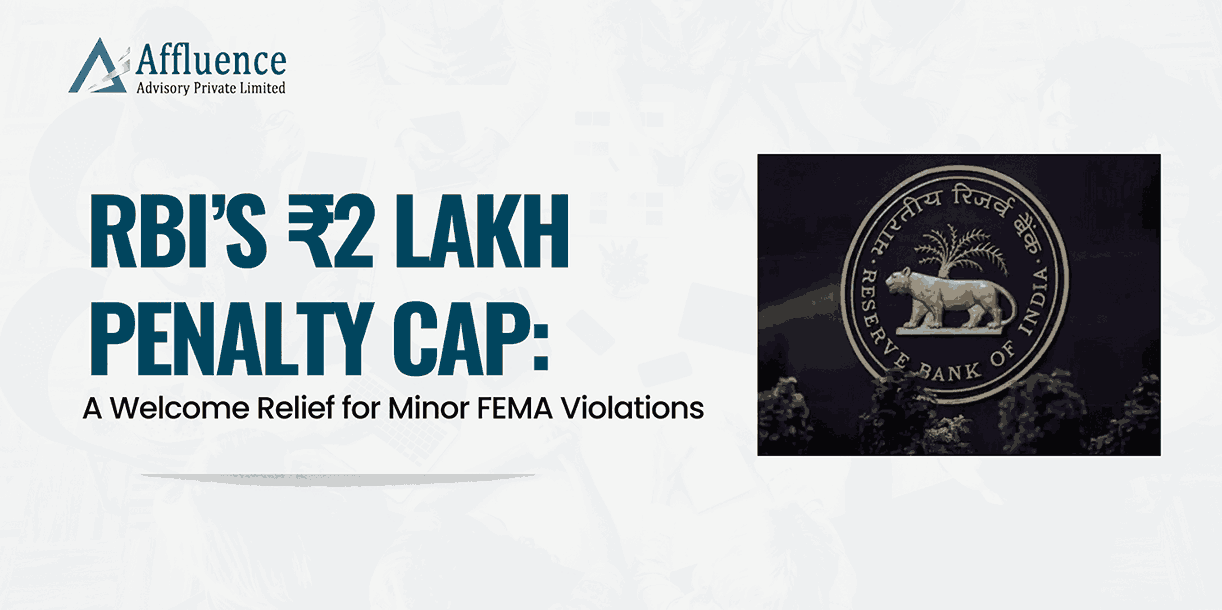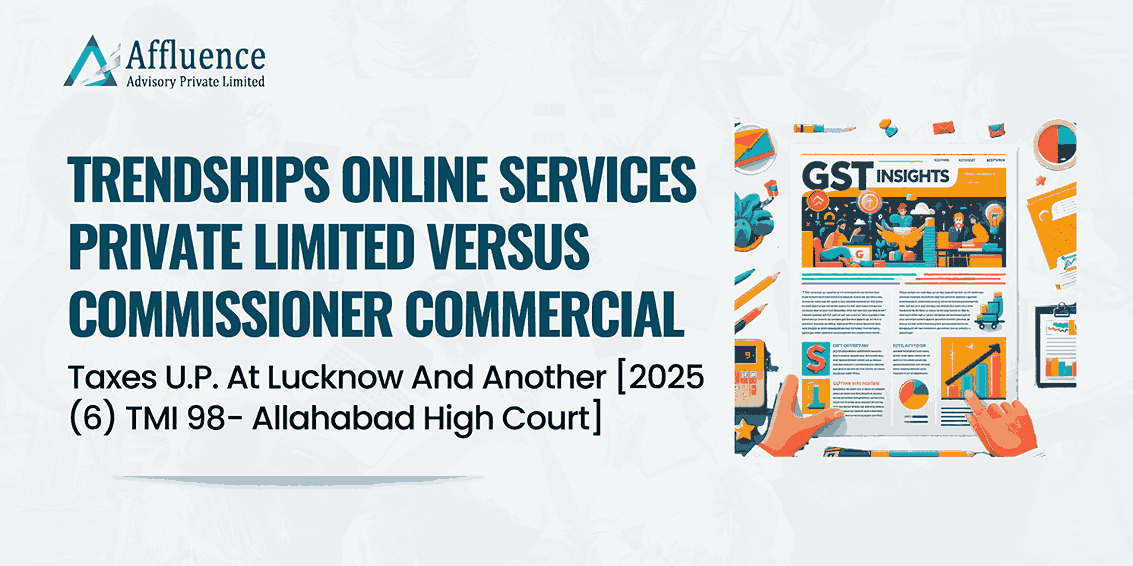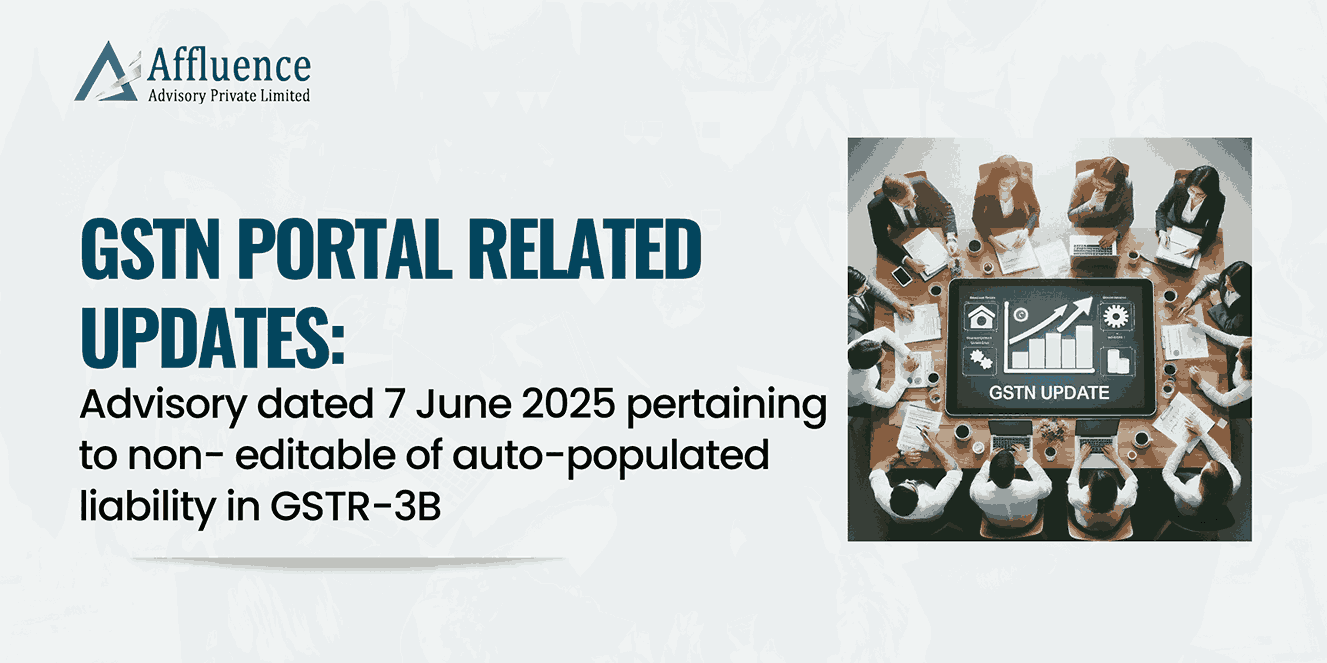Mandatory Peer Review of Practicing Company Secretaries
The Council of Institute, in its 202nd meeting held on 25th and 26th August 2011 decided to introduce Peer Review for Practicing Company Secretaries (PCS) to periodically review the Practice Units and evaluate their quality, sufficiency of systems, procedures, and practices, so that excellence in their performance can be maintained.
Peer Review is a process used for examining the work performed by one’s equals (peers) and understanding the systems, practices, and procedures followed by the Practice Unit, and giving suggestions, if any, for further improvement.
Peer Review identifies the areas where a practicing member may require guidance in improving the quality of his/her performance and adherence to various requirements as per ICSI Guidance on Office Administration and Systems in the Office of PCS, ICSI Auditing Standards, Guidance Notes, Manuals, reference and advisories issued by the Institute.
The objective of Peer Review: The main objective of Peer Review is to ensure that while rendering professional services, the members in practice:
(a) comply with the ICSI Guidance on Office Administration and Systems in the Office of PCS, ICSI Auditing Standards, Guidance Notes, Manuals, references and advisories issued by the Institute; and
(b) Have proper systems (including documentation systems) for maintaining the quality of their professional assignments.
As per recent guidelines of ICSI, the peer review shall focus on compliance with technical Standards and quality in the attestation services provided by the PCS subject to the technical standards in the Public Interest. Office systems and procedures regarding the compliance of attestation services system and procedure and Training programs for the staff concerned.
Practice Areas Covered Under the Scope of Peer Review:
Under Companies Act 2013:
- Signing of Annual Return in Form MGT-7 [through digital signature certificates (DSC)] 11 under Section 92(1) of the Companies Act, 2013 and Rule 11(1) of the Companies (Management and Administration) Rules, 2014.
- Certification of Annual Return in Form MGT-8 under Section 92(2) of the Companies Act, 2013 and Rule 11(2) of the Companies (Management and Administration) Rules, 2014.
- Internal Audits under Section 138 of the Companies Act, 2013.
- Issuance of Secretarial Audit Report in terms of Section 204 of the Companies Act, 2013 [read with Rule 9 of the Companies (Appointment and Remuneration of Managerial Personnel) Rules, 2014.
- Scrutinizer’s report pursuant to Section 108 of the Companies Act, 2013 read with Rule 20(4)(ix) and Rule 20(4)(xii) of Companies (Management and Administration) Rules, 2014.
Under SEBI Regulations:
- Issuance of Secretarial Audit Report to material unlisted subsidiaries of listed entities (whose equity shares are listed) in terms of Regulation 24A of SEBI (LODR) Regulations, 2015.
- Issuance of Annual Secretarial Compliance Report to Listed entities (whose equity shares are listed) under SEBI Circular No. CIR/CFD/CMD1/27/2019 dated 8th February 2019.
- Certification under Regulation 34(3) read with Clause 10(i) of Part C of Schedule V of the SEBI (Listing Obligations & Disclosure Requirements) Regulations, 2015, that none of the directors on the board of the company have been debarred or disqualified from being appointed or continuing as directors of companies by the Board/Ministry of Corporate Affairs or any such statutory authority.
- Certification under Regulation 40(9) of SEBI [(Listing Obligations & Disclosure Requirements)] Regulations, 2015, certifying that all certificates have been issued within thirty days of the date of lodgment for transfer, sub-division, consolidation, renewal, exchange or endorsement of calls/allotment monies.
- Conduct of Internal Audit of Operations of the Depository Participants registered with [National Securities Depository Limited (NSDL) and Central Depository Services Limited (CDSL)] under the Bye-Laws issued by NSDL and CDSL.
- Certification under Regulation 76 of SEBI (Depositories and Participants) Regulations,2018 for Reconciliation of Share Capital Audit.
- Compliance Certificate regarding compliance of conditions of Corporate Governance as prescribed under [Regulation 34(3), Schedule V, Part E of the Securities and Exchange Board of India (Listing Obligations and Disclosure Requirements) Regulations, 2015].
- Due Diligence Report under Regulation 10 (3) of the SEBI (Delisting of Equity Shares) Regulations, 2021.
- Certificate relating to shares held by inactive shareholders under Regulation 21(a) (iii) of the SEBI (Delisting of Equity Shares) Regulations, 2021.
- Compliance Certificate under Regulation 10(b), 13, 26, 27, 36 of SEBI (Share Based Employee Benefits and Sweat Equity) Regulations, 2021.
- Conduct of Internal Audit of the stockbrokers/sub-brokers under SEBI Circular No. MIRSD/ DPSIII/Cir-26/ 08 dated 22nd August 2008 and MRD/DMS/Cir-29/2008 dated 21st October 2008.
FEMA & RBI Regulations:
- Diligence reporting for Banks in case of multiple banking/consortium lending arrangements in terms of the circular issued by RBI.
- Issuance of Certificate in case the Indian company accepts the investment from a foreign investor, thereby confirming compliance of the Companies Act, 2013 and other matters [As per Para 9 (1) (B) (i) of Schedule 1 to Notification No. FEMA 20/2000-RB dated 3rd May 2000].
- All other Reports, Returns, and Certificates in respect of which generation of UDIN is mandatory in terms of the ICSI Unique Document Identification Number (UDIN) Guidelines, 2019.
Conclusion:
Initially, at the inception back in the year 2020, peer review was mandatory if the services were provided to the Top 100 Companies (as per the market Capitalization as on 31st March 2020 which was then made mandatory for Top 500 Companies as per Market Capitalization w.e.f, 31st March 2021.
In the previous year 2022, the scope was extended to include all the listed Companies and in the current year 2023, the Peer Review is now made applicable to bring all the Companies under its ambit.
Disclaimer: This article provides general information existing at the time of preparation and we take no responsibility to update it with the subsequent changes in the law. The article is intended as a news update and Affluence Advisory neither assumes nor accepts any responsibility for any loss arising to any person acting or refraining from acting as a result of any material contained in this article. It is recommended that professional advice be taken based on specific facts and circumstances. This article does not substitute the need to refer to the original pronouncement
CLICK HERE TO DOWNLOAD PDF



